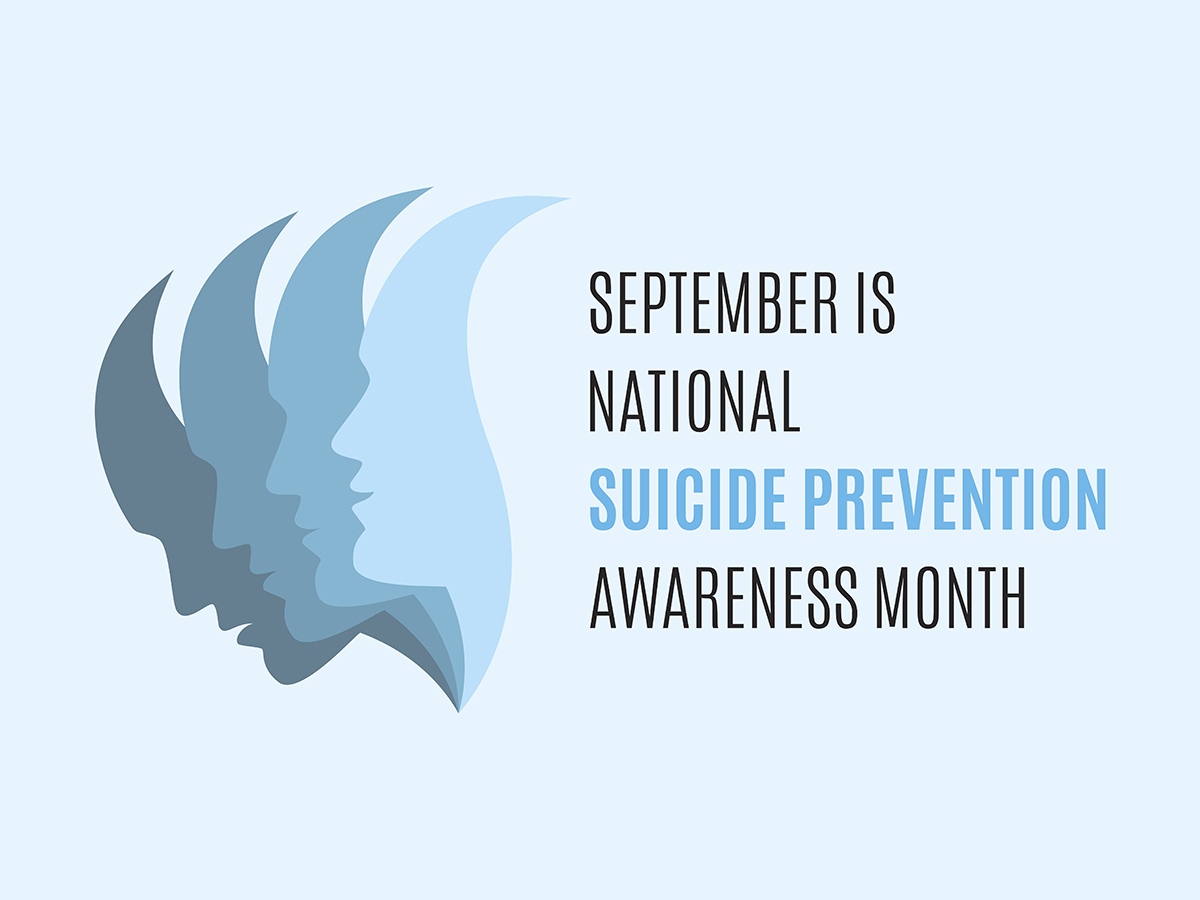
September 27, 2021
The federal census occurs every 10 years and tells us a lot about what is happening in our community. There will be many reports coming out over the next few months, slicing and dicing the population data from the census in countless ways. All the reports will tell us a little more about the composition of our nation, our state, and our community. When the census report comes out, I’m always interested in seeing how the composition of the Library district may have changed.
The bottom-line number is that more people live in the MCPL district than 10 years ago. In 2010, MCPL had 762,446 people. Our estimates based on the 2020 count show that MCPL has 846,296 people living in the district. That is an increase of 11 percent (or nearly 84,000 people), making us about the 50th largest library district in North America.
In the report, there are 58 cities, towns, and villages that make up Mid-Continent Public Library. As you might suspect, some of our cities grew and some lost population. According to the Census Bureau reports, the biggest “winner” and biggest “loser” were north of the river. The village of Excelsior Estates grew by 100 percent, and the village of River Bend lost 70 percent of its population. However, if you know local geography, you know these two villages are very lightly populated. On closer examination, two people accounted for the growth in Excelsior Estates, and seven people accounted for the decrease in River Bend.
Several communities had significant growth in percentage and in actual number, including Lone Jack (42 percent, 442 people), Riverside (36 percent, 1,076 people), Parkville (28 percent, 1,563 people), Kearney (24 percent, 2,023 people), Smithville (23 percent, 1,981 people), and Grain Valley (21 percent, 2,773 people). While not as large of a percent, seeing growth of 10 percent in Lee’s Summit accounted for another 9,000 citizens. Many of the projections MCPL used in the 2014-15 fiscal year when developing the Capital Improvement Plan indicated these communities would see growth like this, and it is good to see the projections come to fruition.
Another interesting community population that we track is the number of people living within the city limit of Kansas City. It is confusing to people because there is a “Kansas City” Public Library, but not all of Kansas City is in the Kansas City Public Library district. In fact, MCPL continues to serve more of Kansas City than KCPL. In 2010, 52 percent of KCMO lived in the MCPL district. In 2020, we estimate that number to have increased by 40,000 people, now comprising 53 percent.
It will be very interesting to see other demographic changes in MCPL’s district as the 2020 census reports are released.
Steven V. Potter
MCPL Director & CEO
Read Similar Blogs:
My Community







